Israel strikes south Lebanon with phosphorus bombs, several injured
The Israeli regime drops banned white phosphorous bombs onto areas in southern Lebanon as the regime escalates attacks on the Arab country.
The regime released the munitions on the outskirts of the town of Rashaya al-Fakhar on Friday, Lebanon’s al-Mayadeen said.
Israeli war planes also launched attacks on the outskirts of southern Lebanon’s Markaba, specifically the Marhat area, with missiles, injuring several people.
Israeli forces also shelled the southern town of Shebaa.
The regime has been waging incessant attacks against southern Lebanon since October 7, when it began the genocidal war on the Gaza Strip.
The attacks have featured recurrent deployment of white phosphorous projectiles against civilian targets and densely-populated areas.
The attacks have sparked an international outcry, including among researchers and experts who have warned that upon deployment, the white phosphorous remains active, very toxic, and flammable for long.
The experts underlined that deployment of the bombs stands to cause long-term and potentially irreversible damage to the Lebanese environment, agriculture, and economy, potentially making the targeted areas uninhabitable.
On Thursday, Dexter Filkins, staff writer at The New Yorker magazine, spoke to the National Public Radio (NPR), an American public broadcasting organization, describing the munitions’ hugely adverse effects and the intent behind their application by Tel Aviv.
“White phosphorus breaks up in the air and basically you see these flaming chunks going, scattering all over the place and then it just burns and burns and burns, and it burns very slowly,” he said.
Filkins said the regime was using the bombs to destroy the farmlands and crops on Lebanon’s border with the occupied Palestinian territories, which, Tel Aviv claims, are used by the Lebanese resistance movement Hezbollah “as cover.”
“So they (the Israelis) have basically just been burning everything. They're using it to basically denude the whole area along the border,” he remarked.
The regime’s attacks on Lebanon come amid its repeated threats of expanding the Gaza war to the country.
Earlier this month, Lebanon’s caretaker Foreign Minister Abdullah Bou Habib said, “We have heard dozens of statements issued by senior Israeli officials threatening to burn Lebanon, destroy it, and return it to the Stone Age.”
Hezbollah has, however, pledged to defend the country with all its resources in the event of another Israeli war.
On July 17, the movement’s Secretary-General Sayyed Hassan Nasrallah insisted on the group’s capability to head off such a potential military onslaught successfully.
“If your tanks come to Lebanon and south Lebanon, you will not have a shortage of tanks, as you will no longer have any tanks left,” he said at the time.
Hezbollah fought off two Israeli wars against the country in 2000 and 2006, forcing a humiliating retreat upon the occupation’s military on both occasions.
US lawmakers move towards vote on limiting Trump’s Iran strike authority
US: Police criticizes ‘excessive and disproportionate' force used by ICE on protesters
VIDEO | Press TV's news headlines
Trump administration 'turning against entire ecosystem of human rights'
VIDEO | Leader meets Qur'an reciters, teachers on first day of Ramadan
Two killed, several injured in Israeli strike on refugee camp in Lebanon
US Supreme Court strikes down swath of Trump global tariffs
Tehran says US has not sought zero enrichment, warns war hawks pushing for ‘catastrophic war’


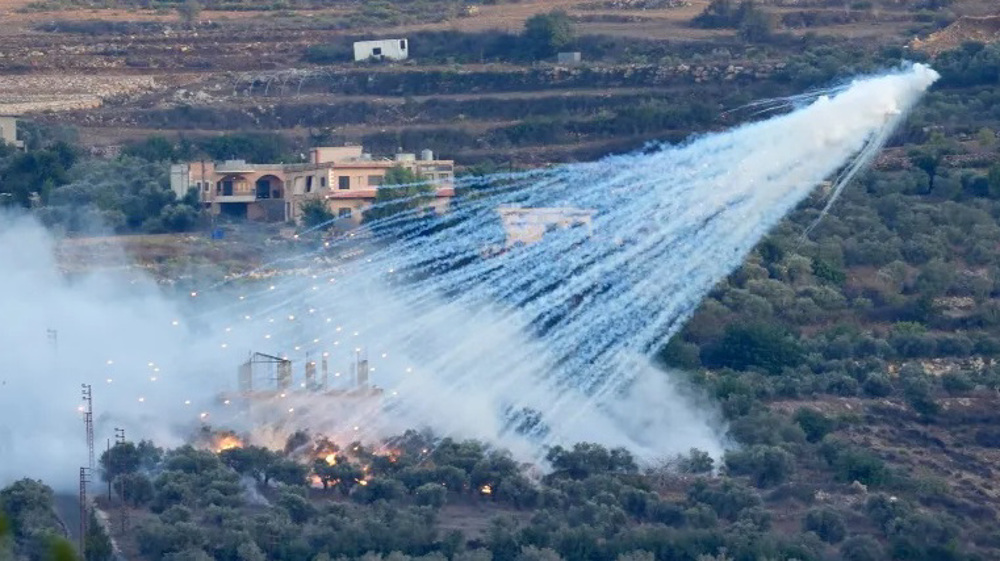
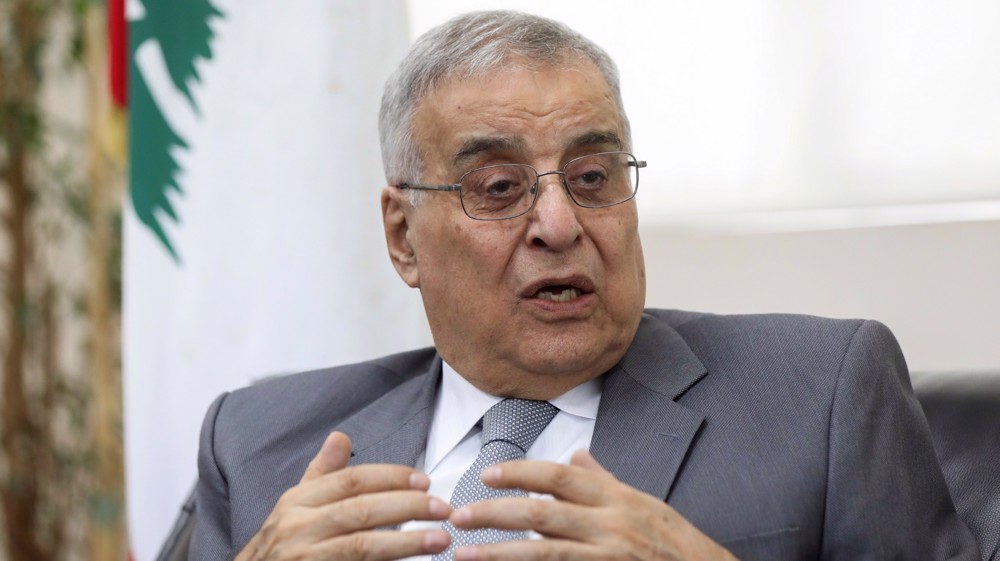
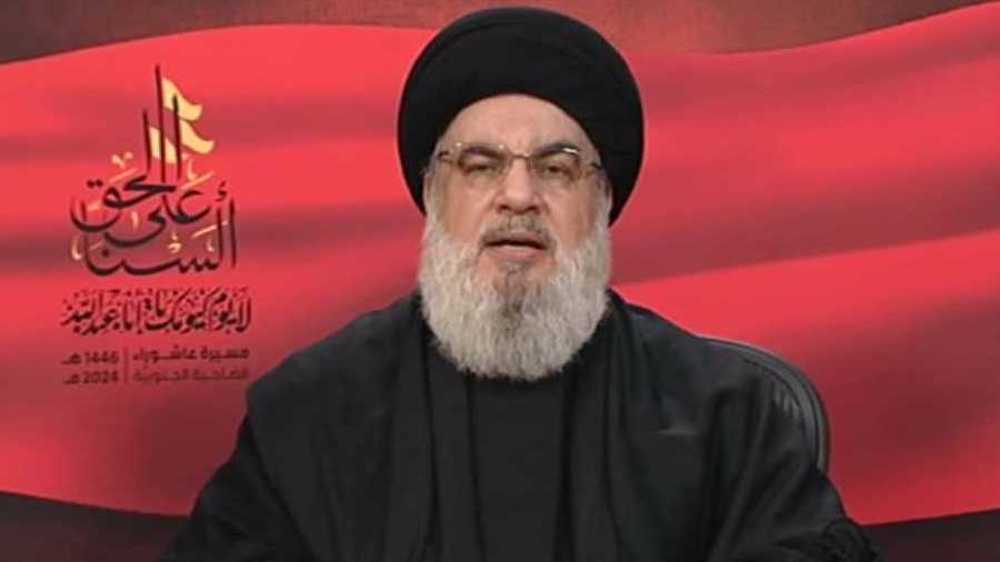
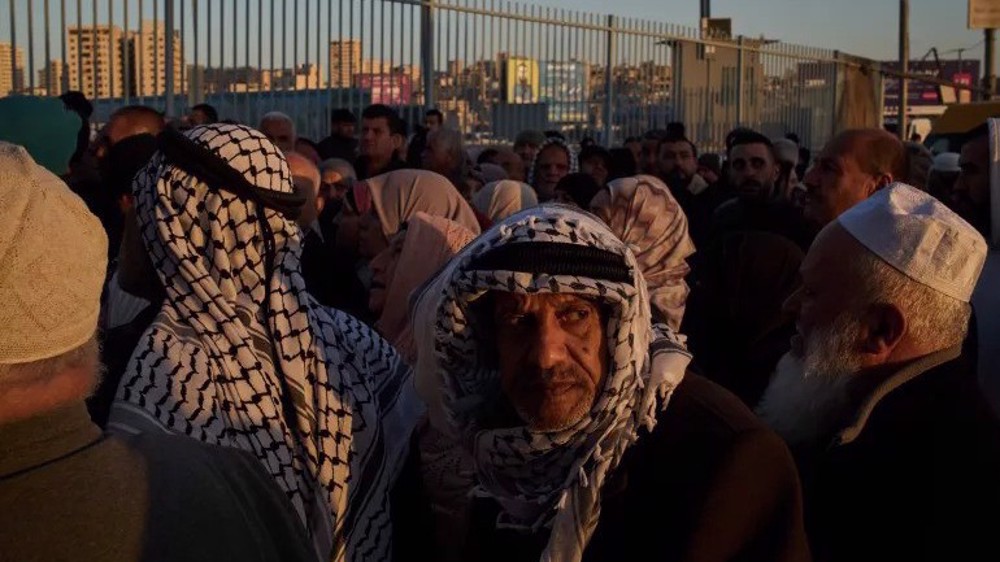
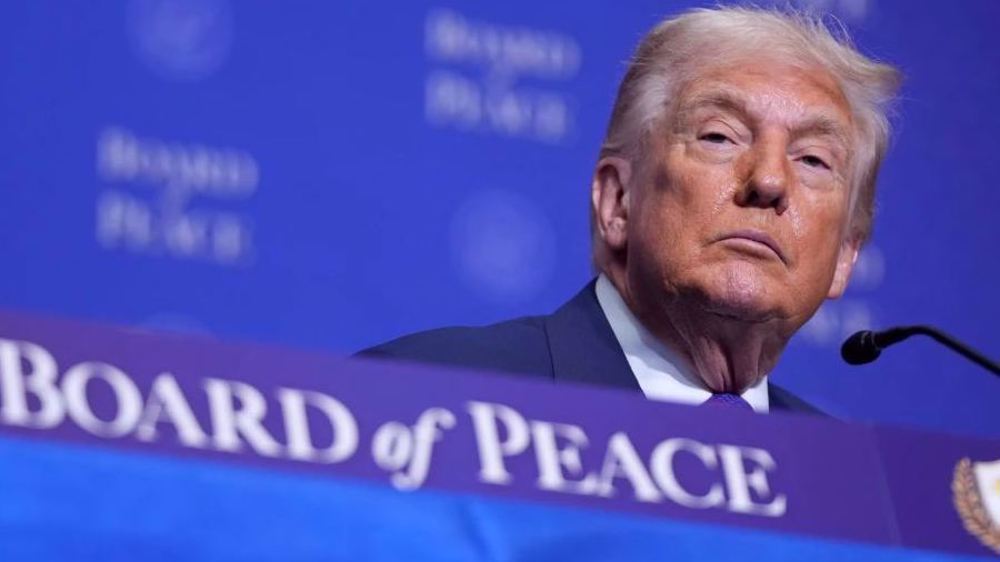
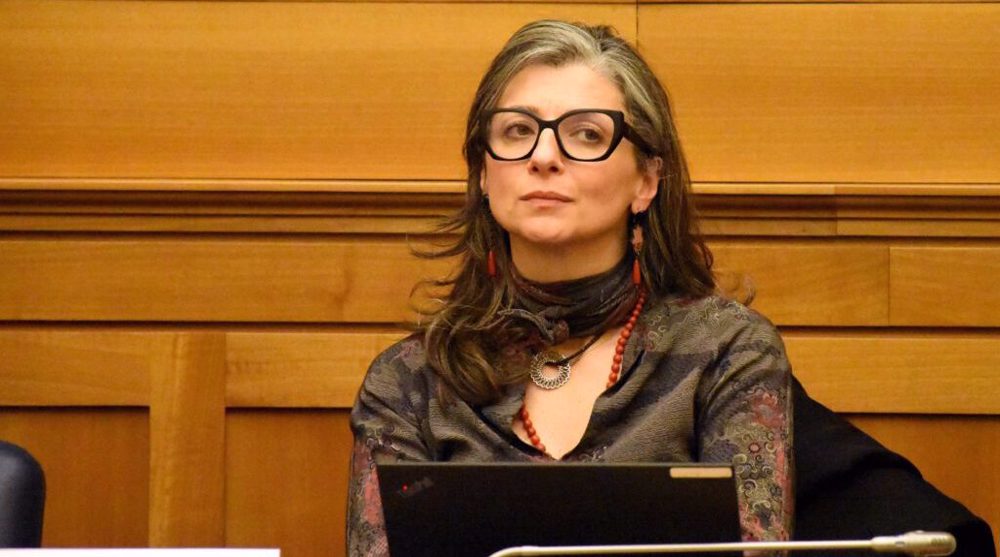



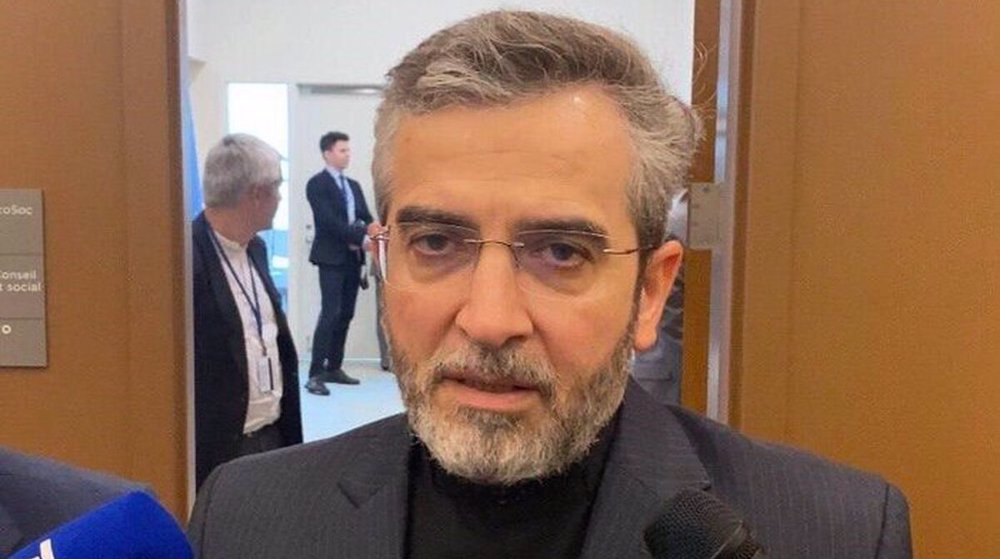
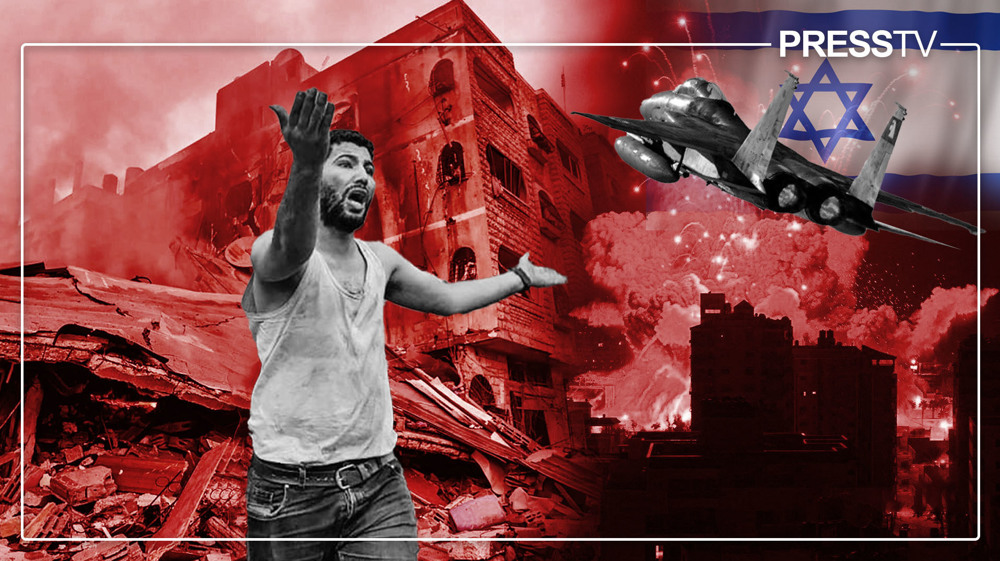
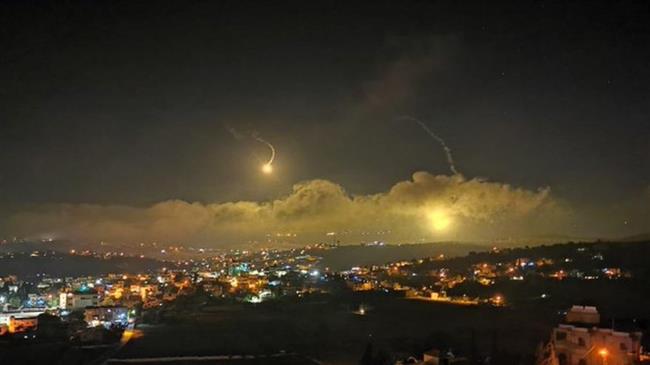

 This makes it easy to access the Press TV website
This makes it easy to access the Press TV website